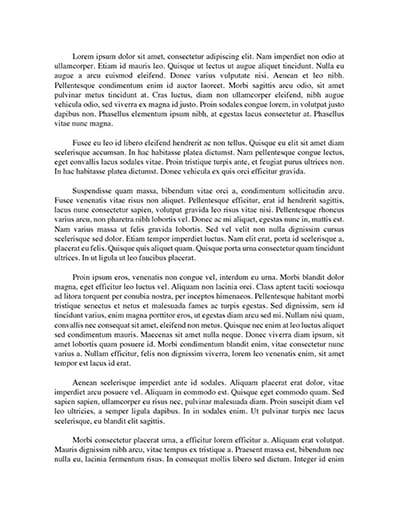Short Analysis
This chapter sets several crucial guidelines, which would be extended in the novel.
We, as readers, are drawn away from the bohemian lifestyle of the West and East Egg districts and are thrown right into the scene of extreme poverty. The valley of ashes is placed between the New York City and the wealthy districts not occasionally. It seems, that this is the line Fitzgerald draws intentionally, to show the moral collapse of the society. The life of wealthy people is shown in an attractive manner but symbolizes the plain facade, which covers up the ugliness of human nature. The last one is what the dump station represents.
No wonder Tom has an affair with Myrtle, who lives in the valley of ashes, then. Tom is a wealthy and attractive man, having a great education, job, family, house, etc. But under this facade of a successful man, we see a hidden ugliness. He is cruel, selfish and deceitful. This is the shadow he hides. Myrtle here plays sort of a connecting role. She comes from a place, that looks exactly like Tom’s soul.
Another important symbol that appears in this part of the novel is a huge billboard starring at the valley. It is quite old, seems nobody changed the advertisement for years already. But it plays quite a significant metaphorical role in the story. Nick, as a narrator, never explains the symbol, so we as readers are left with own interpretation. Most likely, those eyes represent an indifferent God, who is watching the moral decay of the society. Therefore it is quite obvious why the billboard appears in the dump station. As the valley of ashes represents all the worst of people, the billboard might also tell us that capitalistic society loses the connection with God. Religion and moral principles are thrown to the dumpster for money.
In this chapter, we learn Tom’s worst character traits. We see him having affair, mocking Myrtle’s husband, appearing with his lover in public, wild drinking and hitting a woman. Thus we see how the beautiful facade of a rich man falls down and reveals his true nature.
Nick, on the other hand, again plays the role of an outside observer. He is disgusted with Tom’s behavior and the people around him. But after wild drinking, he starts loving New York and feeling well. This part of the story might also represent the influence of alcohol on people. It frees up the deep nature of the person. So, after a while the disgust disappears, Nick is becoming tolerant of Tom’s affair and the vulgar party in a kitschy apartment.

